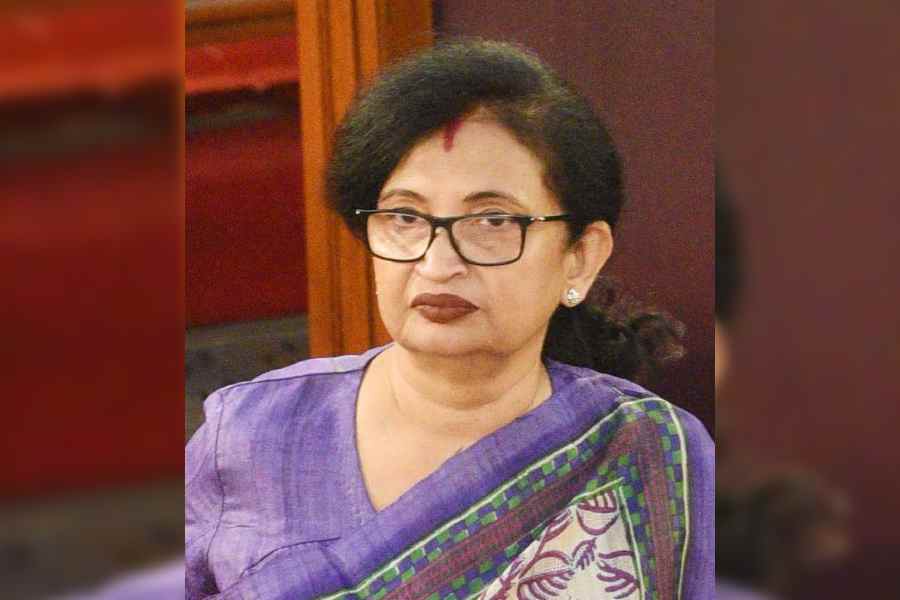Opposition-ruled states such as Bengal have demanded that the Centre should spell out the compensation mechanism for states for potential revenue losses from the GST rate rejig.
Arguing that a lower tax collection could weaken the states and hamstring their ability to work for people, Chandrima Bhattacharya, Bengal finance minister, said the Centre should calculate the revenue loss and work out methods to address it.
Bhattacharya, who is a member of the group of ministers (GoM) in charge of GST rate rationalisation, said Bengal would decide on its next step after the deliberation on the matter at the GST Council, which is expected to take place next month.
“There are about 400-450 items which will be impacted (from rate rationalisation). If the measures help people, we don’t have any objection to it,” Bhattacharya told The Telegraph, after the GoM meeting in Delhi on Thursday.
“But they (Centre) have not told us how much loss is expected and how it would be compensated. On the one hand, it is being claimed that the rationalisation will benefit the common man. But if it is not compensated, the common man will only face the brunt of it,” she said.
According to SBI Research, annual loss to the exchequer could vary between ₹60,000 crore and ₹1.1 lakh crore, depending on how many items are moved from the 28 per cent GST tax bracket to the 18 per cent and 40 per cent brackets. The 28 per cent bracket accounts for about 15 per cent of the GST collection.
She was echoed by Telangana deputy chief minister Mallu Bhatti Vikramarka, who argued that rate rationalisation must be balanced by ensuring that the revenues of the states are protected. Otherwise, the welfare schemes meant for poor people, the middle class and infrastructure projects will suffer.
Bhattacharya also proposed that tax incidence on demerit goods, which are subjected to cess apart from GST, should remain the same, and that the GST Act be amended accordingly.
The highest tax that can be charged is 40 per cent in GST at its present form. If we have to maintain the incidence of tax, as it is now, on items like tobacco, Section 9 (1) of the Act should be amended to allow a higher GST rate or some other tax should be levied,” she said.










